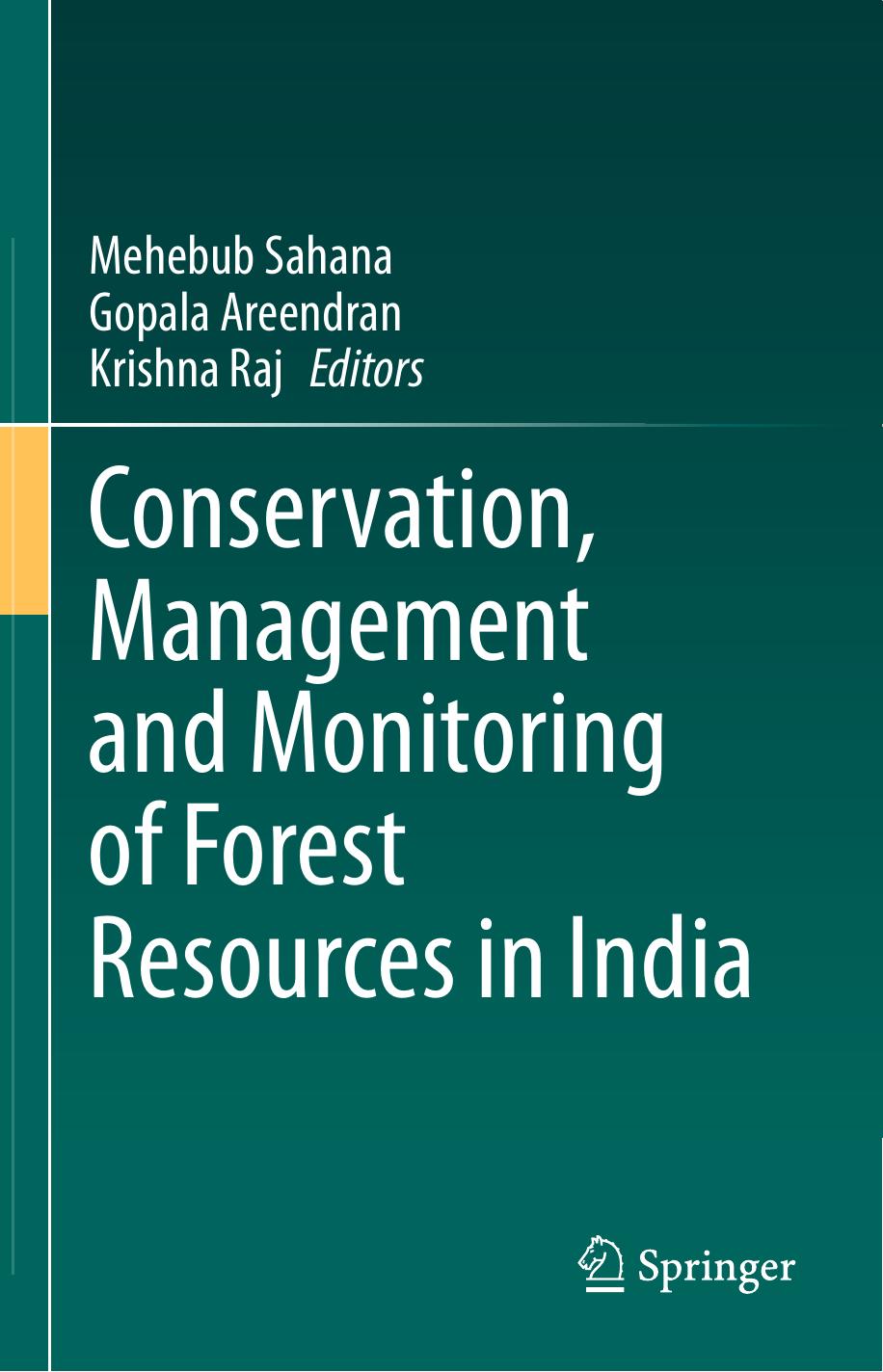

Most ebook files are in PDF format, so you can easily read them using various software such as Foxit Reader or directly on the Google Chrome browser.
Some ebook files are released by publishers in other formats such as .awz, .mobi, .epub, .fb2, etc. You may need to install specific software to read these formats on mobile/PC, such as Calibre.
Please read the tutorial at this link: https://ebookbell.com/faq
We offer FREE conversion to the popular formats you request; however, this may take some time. Therefore, right after payment, please email us, and we will try to provide the service as quickly as possible.
For some exceptional file formats or broken links (if any), please refrain from opening any disputes. Instead, email us first, and we will try to assist within a maximum of 6 hours.
EbookBell Team

4.3
88 reviewsThis volume is devoted to compiling recent advancements, methodological improvements, new processing techniques, integration methods and rigorous applications associated with conceptual techniques on the conservation and monitoring of forest resources for a scientific audience, with a focus on cases and applications in India. The primary objective of the book is to advance the scientific understanding of the recent trends and technological improvements in forest conservation, management and related research themes in forest resources and human-wildlife interactions. The book is organized into five sections: (I) Forest Conservation Ecology (II) Forest Conservation and Society (III) Forest Management (IV) Forest Monitoring using GIS and Remote Sensing and (V) Human Wildlife Conflicts. It covers various research themes related to forestry, wildlife, habitat fragmentation, forest management and human-wildlife conflict research, and therefore will be beneficial to a diverse range of researchers, scientific organizations, wildlife scientists, biologists, ecologists and planners in the fields of wildlife and forestry. The book will further be of use to post-graduates, PhD research scholars, professors, geospatial experts, modellers, foresters, agricultural scientists, biologists, ecologists, environmental consultants and big data compilers.